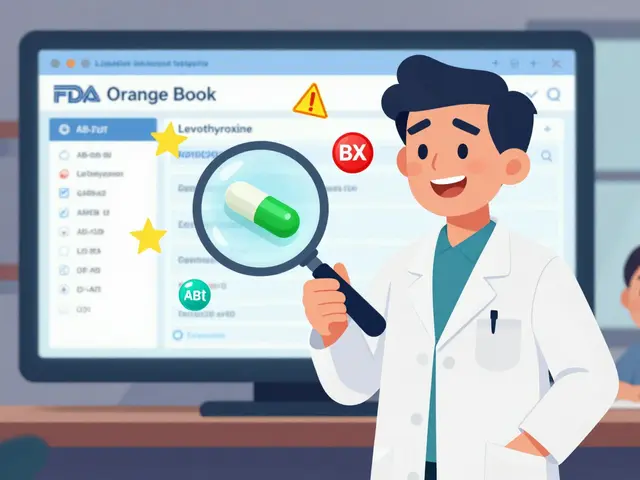Side Effects – Quick Guide to Understanding & Managing Them
Ever taken a pill and felt something odd afterward? That feeling is called a side effect. It’s the body’s reaction that isn’t part of what the medicine is supposed to do. Knowing why it happens and how to deal with it can keep you safe and confident.
Why Do Side Effects Occur?
Every drug talks to your body in a specific way. While it targets a problem, it can also touch other parts of the system. That extra contact creates unwanted symptoms—like a stomach upset from an antibiotic or drowsiness from an antihistamine. Genetics, age, and existing health conditions all play a role, too.
Manufacturers test meds in labs, but real‑world bodies are diverse. That’s why you’ll see different reactions even if two people take the same dose. The label usually lists the most common side effects, but rare ones can appear later on.
Tips for Dealing with Common Side Effects
First, read the medication guide before you start. It tells you what to expect and when to call a doctor. If a symptom is mild—like a headache or slight nausea—drink water, eat a small snack, or take the drug with food if allowed.
Second, track how you feel. A simple notebook or phone note can show patterns that help your healthcare provider adjust the dose or switch drugs. Don’t ignore persistent problems; they could signal something more serious.
Third, talk to a pharmacist or doctor as soon as you notice anything unusual. They can suggest over‑the‑counter fixes, like an antacid for heartburn, or prescribe a different medicine that fits you better.
Fourth, avoid mixing meds without checking first. Some drugs boost each other's side effects—like combining a blood thinner with certain painkillers, which raises bleeding risk. Always ask before adding supplements or new prescriptions.
Lastly, stay calm and don’t stop a medication abruptly unless told to. Suddenly quitting can cause withdrawal symptoms or rebound issues. Follow the tapering plan your doctor gives you.
The side‑effects tag on our site gathers articles that dive deeper into specific drugs—like Zocor’s cholesterol effects or Clonidine’s impact on blood pressure. Browse those posts for detailed info on particular medicines you’re curious about.
Remember, side effects are a normal part of using any drug, but they don’t have to be scary. With the right knowledge and quick action, you can manage them effectively and keep your health on track.

Side Effects with Generics: Are Adverse Reactions More Likely?
Generics work just like brand-name drugs for most people, but some report new side effects after switching. Here's what really causes those reactions-and when you should stick with one version.

How to Talk to Your Doctor About Oxymetazoline Hydrochloride
Learn how to discuss oxymetazoline hydrochloride with your doctor, covering dosage, side effects, contraindications, and safe alternatives in a clear, step‑by‑step guide.

Azithromycin for pyelonephritis: what you should know
As a blogger, I feel it's essential to inform you about the use of Azithromycin for pyelonephritis. Pyelonephritis is a kidney infection often caused by bacteria, and Azithromycin is an antibiotic that can effectively treat this condition. It's crucial to take the prescribed dosage and complete the full course, even if symptoms improve earlier, to prevent antibiotic resistance. Keep in mind that Azithromycin may not be suitable for everyone, so always consult your doctor before starting treatment. Remember, early diagnosis and prompt treatment are key to preventing complications from pyelonephritis.





